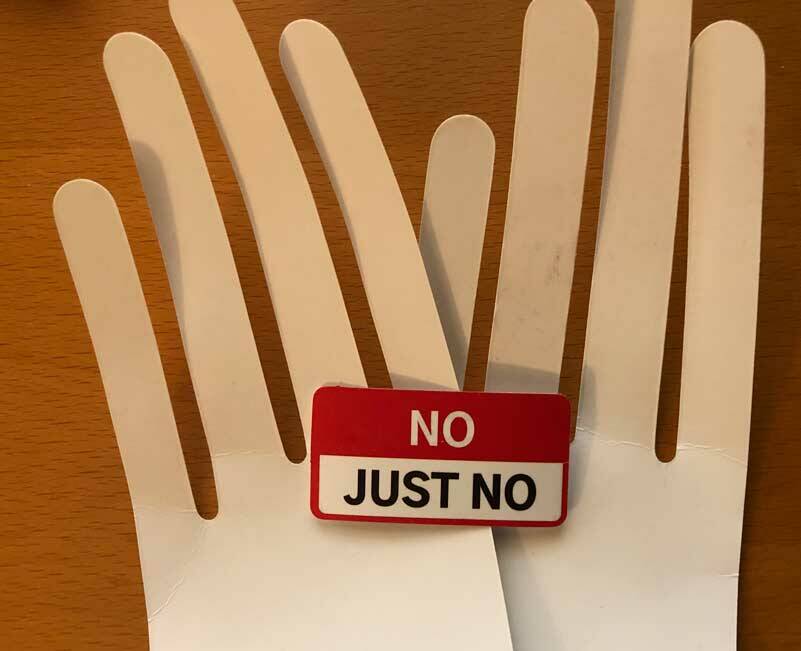By Morf Morford, Tacoma Daily Index
Have you noticed how easy it is to sign up for things and how difficult it is to cancel them? From razor blades to streaming to online subscriptions to newsletters or services, it only takes a few keystrokes to subscribe, but multiple phone calls, emails, “unsubscribe” notices and appeals of all kinds to actual cancel – or at least stop paying for a service that you might rarely, or even ever, use.
That, in fact seems to be the unacknowledged business plan for many of these businesses; get people to sign up for, and then quickly forget what they are paying for. And how much they are paying. This seems to work for gym memberships: 20% of customers use it a lot, 60% use it enough and 20% forget they have it and continue to pay for it each month. That last category is, of course, the most desirable for some companies.
Others do something even more shady.
I have one friend who subscribed to a local newspaper. Her billing amount stayed the same, but somehow shifted from quarterly to monthly. But each payment was the same. In other words, instead of paying for her subscription a few times a year, the full payment was deducted monthly. Her payment for that one subscription was tripled, without any notification. She ended up calling multiple “help” lines – most of them scattered across the globe in various time zones and a wide range of barely comprehensible accents.
I had a similar encounter with the same “local” paper. Call centers halfway around the world refused to cancel my subscription. They offered me “deals” and discounts, until after about 15 phone calls I told them to cancel my account and I would stop payment on any further deliveries. They cancelled my subscription, or at least the billing; I still get the paper once a week.
Like many words lately, the term “local”, especially when it comes to newspapers, rarely means what it used to.
But that vague “anywhere in the world”/”Can I speak to a human”/”impossible to cancel” sense seems to be a built-in feature, hard-wired into our culture and economy.
The thought, and reality, of our online information, from addresses to social security numbers becoming available online is something few of us take into account when we sign up for a music streaming service.
The “conveniences” like auto bill-pay, are great – until they aren’t. As long as nothing changes, no one moves or dies or the credit account expires, the payments are extracted eternally.
Signing up is easy. Cancelling is nearly impossible.
In an era of easy apps, QR codes and “one-click” subscriptions, signing up is easy. Keeping track of our multiple subscriptions, their billing or fine print and “user agreements” is beyond most of us.
Tracking down the appropriate “call center” is the near constant quest for most of us.
With the near infinity of choices, sometimes my biggest preference is just to make it all stop.
My wife and I have some property in an area with minimal cell service, no cable and almost no streaming available. Once we get over the shock of no “connection” we feel a tangible sense of relief.
Cancel that?
Many commentators imagined that streaming – of music or video – was the ultimate answer. Who could argue with near infinite variety, on demand at a relatively reasonable price?
From dollar or so monthly price increases to the meager pay to the artists, the moral tangle wrapped around streaming services was confusing and contradictory enough, but then the big studios and platforms (from Disney to Netflix, Warner Brothers and many more) began to do something even more strange; they began to cancel their own programming – programming that we (or at least some of us) were paying for and were expecting to have access to. Some day.
For a variety of legal and financial reasons, streaming services are putting on hold finished shows without bothering to air them and many are deleting classics. You can see details on this strange phenomenon here.
Physical media is dead. Long live physical media!
Every technological development is dense with promise, and, in most cases, drenched in contempt for the previous “big thing”.
Garage sales are cluttered by crates of DVDs and CDs. Many of them are given away online. Thrift stores have shelves full of them.
Yes, they are kind of clumsy and take a lot of shelf space. But I have to admit that I like the simple technology (and no “buffering”!) and lack of router/server problems.
And of course, what I like best about physical media is that there are no user names or passwords, no cyber monitoring of what I watch and no algorithmic “recommendations” of what I might like to watch next.
Music streaming services are great at what they do. But every song is reduced to “content”.
Physical media is great at what it does. For some of us, a song is more than “content”, and experiencing the compilation of music, notes and art on an album allows us to feel a much more real “connection” to the artist.






